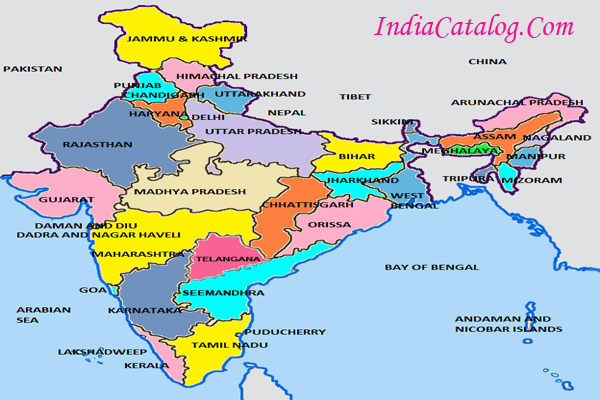Labour ministry signs deals to improve benefits to workers
.jpg)
Even as it talks about industry-friendly reforms, the labour ministry has signed a clutch of agreements with its own autonomous bodies, including the Employees Provident Fund Organisation (EPFO), to improve deliverables and benefits to workers.
Other than EPFO, the labour ministry has signed memoranda of understanding (MoUs) with the Employees’ State Insurance Corporation (ESIC), the Directorate General of Mines Safety (DGMS) and the Directorate General of Factory Advice Service and Labour Institutes. Mint has reviewed copies of the agreements.
“The objective is to tap them, track them and attach more accountability to these institutes,” said a labour ministry official, requesting anonymity.
“We want them to give us quarterly progress reports to the ministry underlining the achievements, and if there is any lag, the reason behind it. When we are talking about labour law reforms, these institutes, which are largely facilitating benefits to workers, need to show enough progress to maintain a balance between reform and social security,” the official said.
Central provident fund commissioner K.K. Jalan, who confirmed the move, said the government used to have such MoUs with public sector undertakings, but now they have entered agreements with autonomous bodies. “Through this, we are fixing targets which can be achieved in a time bound manner,” Jalan said. “Definitely, there is a sense of urgency in the government and we are absolutely fine with it.”
The agreement with EPFO said the mission is to “extend the reach and quality of publicly managed old-age income security programmes through consistent and ever-improving standards of compliance and benefit delivery in a manner that wins the approval and confidence of the stakeholders...thereby contributing to the economic and social wellbeing of all”.
In one of its targets, the agreement has underlined that EPFO will provide permanent provident fund (PF) account numbers by 15 October and implement electronic payment systems for all services under it by 30 September.
Similarly, the DGMS agreement highlights the need for identifying risks relating to safety, health and environment at the workplace. It has set a deadline of 30 August for putting in place an inspection planning system for inspectors of mines.
“The inspector raj needs to change. An industrialist should not fear an inspector or indulge in any unlawful activities with support from an inspector,” said a second labour ministry official in New Delhi, who also requested anonymity.
Rahul Guha, director general at Dhanbad-based DGMS, said they “want to put targets and deliverable in black and white so as to ensure more accountability”. He said the labour ministry is developing a single portal for synergizing inspection systems in different bodies, including DGMS and ESIC.
The agreement with ESIC that provides medical facilities to industrial workers, among other things, emphasized the creation of enough infrastructure for providing medical services, the creation of a fund and ensuring its utilization, and expanding the network of ESI schemes. According to the agreement, ESI has taken up several projects with a capital cost of over Rs.13,000 crore without due preparation. The human resource shortage in ESI dispensaries and hospitals is between 15% and 40%, according to official data. In one of the targets, the labour ministry has set a deadline of 15 December for evaluating all ESIC hospitals.
Officials in the labour ministry said the government has started the process of labour law reforms, and several laws including the Factories Act, the Child Labour Act and the Minimum Wages Act, are undergoing wide consultations among the ministry, trade unions, industry, experts and the public.
“One of the mandates of the NDA (National Democratic Alliance) government is to create more jobs and here labour reform is key. We understand that there is some lacuna in the labour laws, that’s why some 93% of the workforce in labour market are in the unorganized sector. While legislative change is a must, the ministry would strive to strike a balance between job creation and protection of workers interest,” the second official cited above said.
Rakhi Sehgal, an executive council member at New Trade Union Initiative, a federation of independent trade unions, said the government’s reform talks are industry-friendly and the social security revamp does not have a clear road map. “The change in social security benefit for workers looks to us as cosmetic and I am sceptical about their objective,” she said.
But Ashok Reddy, a co-founder of Teamlease Services Pvt Ltd, a staffing and training company, said there is need for streamlining operations and service delivery rather than increasing top line targets. “Organizations and employees are hostage to statutory deductions be it PF or ESI, without benefits flowing to intended recipients,” he said.

.webp)
.webp)
.webp)
.webp)
.webp)
.webp)
.webp)
.webp)
.webp)
.webp)












